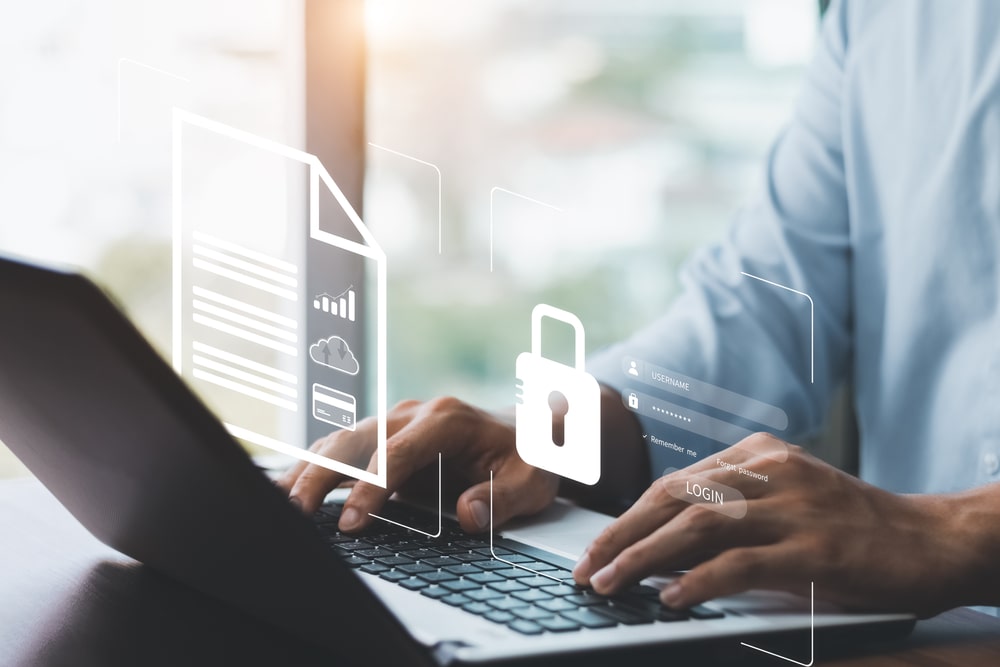Almost everyone uses email these days, but not everyone knows how important it is to encrypt their email. Email is often used to send sensitive information, such as medical records, financial information, or work documents. This means that if your email is intercepted, the person who intercepts it can read the contents.
Encrypting your email can help protect your information from being read by anyone other than the intended recipient. When you encrypt your email, the contents are converted into a code that can only be decoded by someone with the proper key. This means that even if your email is intercepted, the person who intercepts it will not be able to read the contents. As we all become more reliant on email for communication, it’s important to consider the security of our messages. Email encryption is a great way to protect your information and ensure that only the intended recipient can read your messages.
What is email encryption?
Email encryption is a process of transforming readable text into an unreadable format. This is done using an encryption algorithm and a key. The key is used to encrypt the message, and the recipient must have the same key in order to decrypt and read the message in pirvnota. There are a number of different encryption algorithms available, and the key size can vary depending on the algorithm and the level of security required.

Why should you encrypt your email?
There are many benefits to encrypting your email, including:
Improved security: Encryption helps to protect your messages from being read by anyone other than the intended recipient.
Privacy: Email encryption can help to keep your messages private, as only the person with the encryption key will be able to read them.
Reduced risk of identity theft: If your email messages are encrypted, it makes it much more difficult for someone to steal your personal information.
How to encrypt your email?
There is no one-size-fits-all answer to this question, as the best way to encrypt your email will depend on the specific tools and services you are using. However, some general tips on how to encrypt your email include:
- Use a secure email service that offers end-to-end encryption, such as ProtonMail or Tutanota.
- If you are using a traditional email service (such as Gmail or Outlook), enable two-factor authentication and use a strong, unique password.
- Use a dedicated email encryption tool, such as GPGTools or Mailvelope, to encrypt messages before sending them.
Conclusion
Encrypting your email is a great way to improve the security and privacy of your communications. There are various methods available to do this, so find one that best suits your needs.





